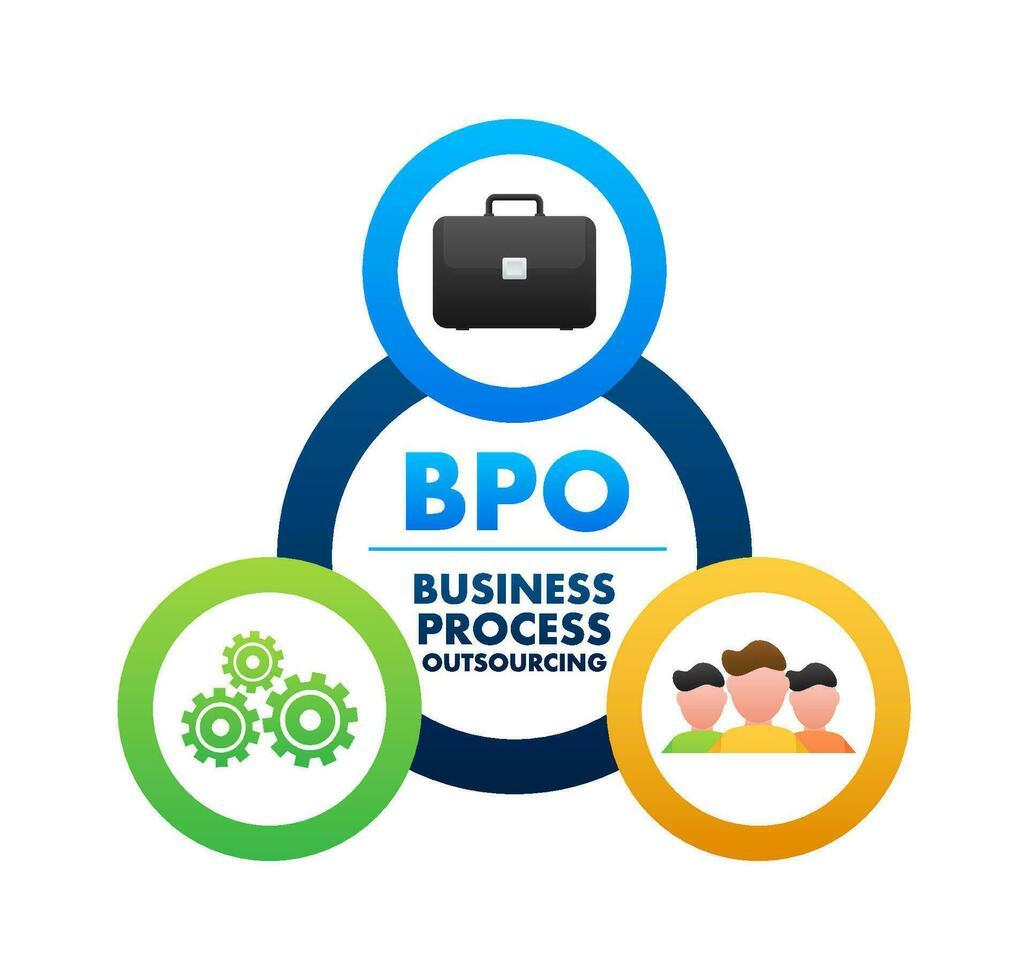Notifications

7 minutes, 9 seconds
-76 Views 0 Comments 0 Likes 0 Reviews

Time is more than just money—it's your most valuable resource. Managing work hours, tracking employee productivity, and ensuring accurate client billing can become overwhelming without the right tools. That’s where BPO time tracking software steps in. Designed to simplify workforce management, this software helps BPOs run efficiently while boosting overall performance.
Whether you're running a small outsourcing firm or managing a large-scale call center, using time tracking tools is no longer optional—it's essential.
BPO time tracking software is a digital tool that monitors employee working hours, attendance, and productivity in real-time. It can be cloud-based or desktop-installed and often integrates with payroll, task management, and HR systems. For BPO companies dealing with remote, shift-based, and global teams, this software ensures transparency, accountability, and smoother operations.
Outsourcing companies often deal with multiple clients, different time zones, and large teams. Manual time tracking can lead to errors, disputes, and lost productivity. Here are a few reasons why time tracking is critical for BPOs:
Accurate client billing
Employee productivity monitoring
Performance evaluation
Workforce planning
Compliance with labor laws
Real-time insights into operations
Without proper tracking, even the most skilled teams can underperform due to poor visibility and management issues.
When choosing time tracking software for your BPO, you should consider features that meet both operational and employee needs. Here are key features to look out for:
Capture working hours as tasks are performed. Real-time tracking helps managers monitor ongoing tasks and adjust workloads on the go.
Say goodbye to outdated punch cards. Automated attendance ensures that work hours are tracked accurately without manual input.
BPOs often work 24/7. Good software should allow flexible shift scheduling and automatic shift assignments to reduce admin effort.
Measure team efficiency through visual dashboards and detailed reports. You’ll get insights into idle time, active work time, and task duration.
Connect your time tracking system with payroll software to ensure error-free salary calculations based on logged hours.
With hybrid and remote work models becoming common, the software should offer GPS tracking, screenshots, or browser activity logs for remote employees.
With accurate time tracking, BPOs can identify where time is spent and optimize workflows. This improves employee efficiency and client satisfaction.
Clients want proof of work. Time tracking software offers detailed logs, making billing more transparent and trust-driven.
Manual time entries can lead to inaccuracies. Time tracking software reduces buddy punching and time theft through automation.
When employees know their work is being monitored, they tend to stay focused. This builds a culture of responsibility and self-management.
With access to real-time data and performance analytics, managers can make strategic decisions backed by data, not guesswork.
Not all time tracking tools are created equal. To select the best one for your BPO, consider the following:
Scalability: Can it handle your growing team?
Ease of use: Is the interface simple for employees and managers?
Support: Does the vendor offer reliable customer support?
Security: Does the software protect sensitive employee and client data?
Customization: Can you tailor the tool based on your workflows and policies?
Implementing new software can be a challenge, especially in large BPO setups. Here are a few tips to ensure a smooth transition:
Train your team: Offer simple training sessions to help employees get comfortable with the tool.
Start small: Roll out the software to a single team before company-wide adoption.
Set clear policies: Define how the tool will be used, including expectations and privacy policies.
Collect feedback: Ask users for input and use it to improve the software's implementation.
Some employees may feel uncomfortable with being monitored. Address their concerns through open communication and focus on benefits.
Choose a software with good uptime and technical support. Test compatibility with your existing systems before full rollout.
Too much data can be confusing. Use filters, custom reports, and dashboards to extract only the information you need.
As artificial intelligence and machine learning evolve, time tracking software is also becoming smarter. In the near future, we can expect:
Predictive analytics for workload planning
AI-driven productivity suggestions
More advanced integrations with CRM, HRMS, and project management tools
Enhanced automation features
These improvements will continue to make BPO time tracking software an essential tool for operational excellence.
Managing time efficiently is at the heart of running a successful BPO operation. With the right BPO time tracking software, you not only improve internal workflows but also build stronger, more transparent relationships with clients.
Investing in a reliable, user-friendly time tracking solution is no longer a luxury—it’s a necessity for growth and sustainability in the outsourcing industry.

